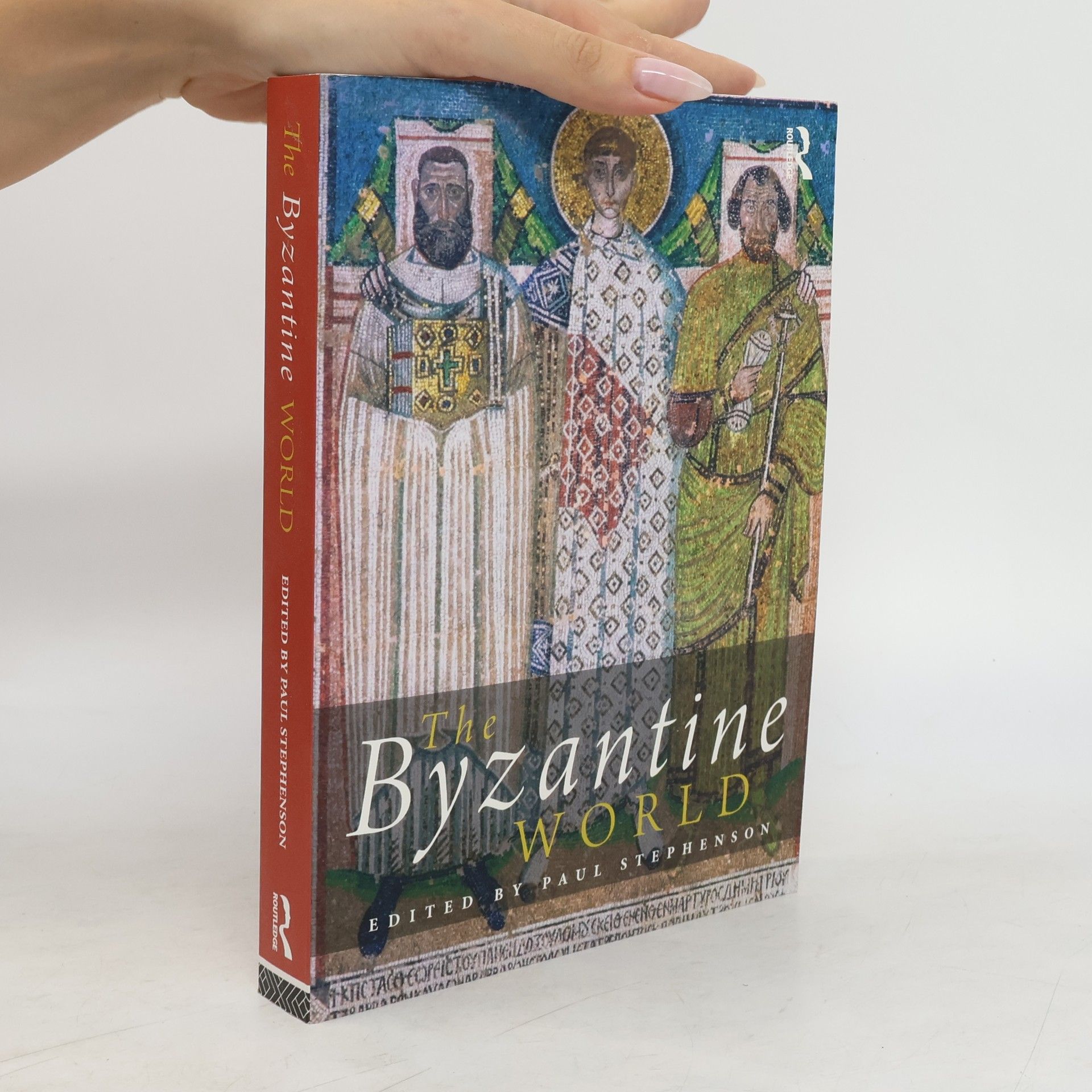The Byzantine World
- 640 stránek
- 23 hodin čtení
The Byzantine World presents the latest insights of the leading scholars in the fields of Byzantine studies, history, art and architectural history, literature, and theology. Those who know little of Byzantine history, culture and civilization between AD 700 and 1453 will find overviews and distillations, while those who know much already will be afforded countless new vistas. Each chapter offers an innovative approach to a well-known topic or a diversion from a well-trodden path. Readers will be introduced to Byzantine women and children, men and eunuchs, emperors, patriarchs, aristocrats and slaves. They will explore churches and fortifications, monasteries and palaces, from Constantinople to Cyprus and Syria in the east, and to Apulia and Venice in the west. Secular and sacred art, profane and spiritual literature will be revealed to the reader, who will be encouraged to read, see, smell and touch. The worlds of Byzantine ceremonial and sanctity, liturgy and letters, Orthodoxy and heresy will be explored, by both leading and innovative international scholars. Ultimately, readers will find insights into the emergence of modern Byzantine studies and of popular Byzantine history that are informative, novel and unexpected, and that provide a thorough understanding of both.

